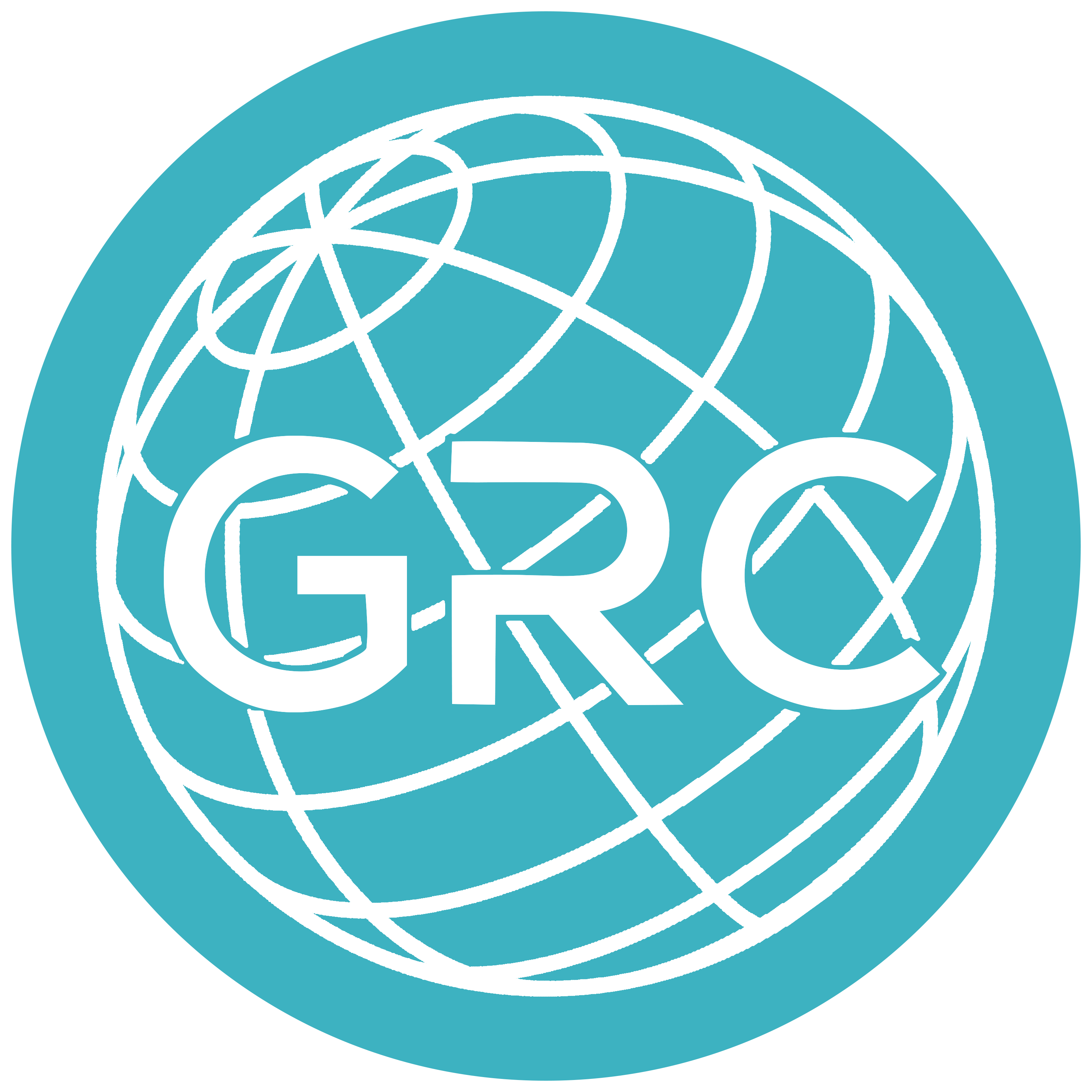Responsible Sourcing in Reducing Clif Bar’s Carbon Footprint
Within the economic markets of the 21st century, consumers and businesses alike have seen a substantial shift in focus towards global humanitarianism and sustainable production. Not only have companies begun to see value in seeking the highest quality of sources for raw materials and stimulating local economies, but they have also recognized and capitalized on their potential to effect positive environmental, social, and economic change.
Sustainability has become widely regarded as one of the largest megatrends, garnering considerable influence over trends in urbanization, economic direction, consumer interest, and cultural diversity. With a shift in focus towards responsible sourcing comes a keen interest in extending operations into smaller businesses on the local scale, cultivating a more relatable and casual relationship with consumers.
Sustainability has become widely regarded as one of the largest megatrends
Often what is used to evaluate the role and future of sustainability initiatives within corporate management is referred to as the Triple Bottom Line (TBL) which incorporates social, economic, and environmental criteria in performance and overall impact.
- Environmentally, it is crucial for management of any firm to consider the lasting degradation of natural resources that could result in permanent damage to raw material sourcing and irreparably harm surrounding ecosystems that are essential for human development.
- Socially, sustainability initiatives usually accompany the support of technology development, institutional change, and communal awareness (through backing charities or interacting with individual consumers).
- Economically, not only is an emphasis on environmental sustainability appealing to a variety of consumers, but it may also play a significant role in improving a company’s reputation in seeming less revenue driven and more genuinely concerned for the needs of the individual consumer.
However, despite this mega-trend in environmental humanitarianism, it has become difficult to fight the natural backlash and healthy consumer skepticism of businesses with a façade of genuine and authentic outreach. There has become little to separate what has become a ulteriorly motivated public relations campaign from a sincere commitment to sustainability and environmental awareness.
Additionally, companies often blur the lines between nonprofit and for-profit organizations. It can become difficult to augment a community-driven agenda while also maintaining a focus and emphasis back onto generating income and economic success. Coined by Nardia Haigh and Andrew Hoffman, these ambiguous agenda corporations can be called “hybrid organizations,” toggling a switch between retaining a sustainability driven, conscientious social agenda while still seeking ways to augment revenue and generate large profits.
Interestingly enough, hybrid organizations thrive on the assumption that not all economic entrepreneurship is contingent upon high yearly economic growth. While they recognize the necessity of growth for businesses in continuing to meet the needs of the consumer and creating a viable fiscal ecosystem, they seek, rather, to incorporate this newfound viability with a keen sense of social enterprise and channel their considerable influence into responsible sourcing.
Clif Bar fully encapsulates this hybrid vision with its mantra to “grow slower, grow better and stick around longer.” While Clif Bar is known already for their products, the Clif and Luna Bars, they continue to maintain a strong reputation for their commitment to environmental sustainability, authenticity, and transparency in production.
Their selfless agenda and genuine dedication to their people, business, and consumers have augmented their sales of over 200 million despite the sharp decline in their market. From their websites to their packaging to their products, Clif Bar clearly promotes their resounding commitment to local eco-friendly initiatives and manufacturing transparency.
Their acronym CORE encompasses their devotion to selecting trustworthy suppliers, buying a majority organic raw materials, aiming for zero waste and limited CO2 emissions, along with recognizing and complying with the rights of their workers and prioritizing relationships with their workers and consumers over market profitability and potential gain.
Ultimately, with sustainably made products, larger scale companies are able to appeal to the average consumer through their efforts in protecting the environment and stimulating organic business ownership and growth.
By Lynn Ahrens



